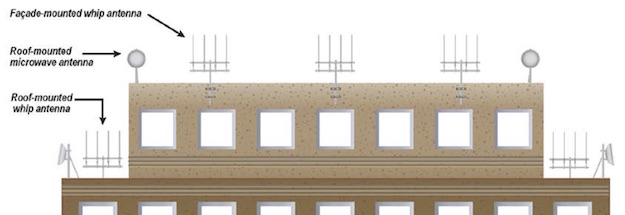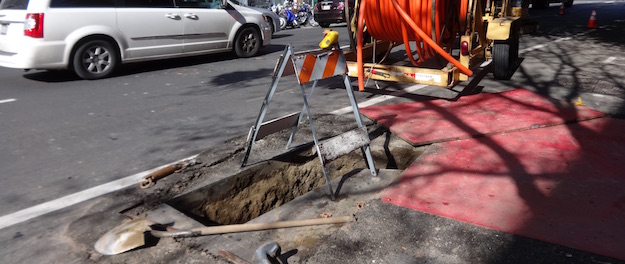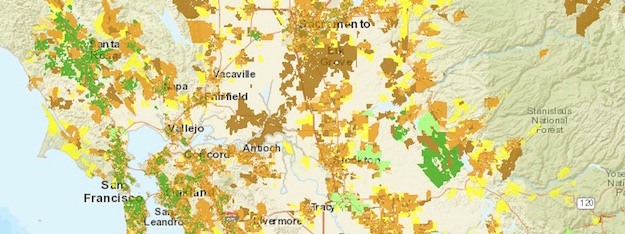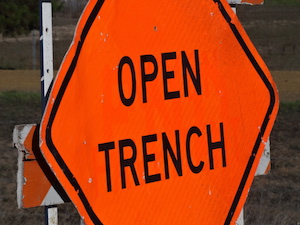CPUC reform inches forward as governor calls for faster action

It’s time to rock and roll.
It’ll be harder for lawyers and lobbyists to have backroom conversations at the California Public Utilities Commission, more information about CPUC proceedings will be made public and the commission will have to open up its processes to greater public participation, not least by holding meetings around the state instead of primarily at its San Francisco headquarters. Those and other changes will be imposed on the CPUC by a pair of bills signed into law yesterday by governor Jerry Brown.… More



![By Nicole-Koehler (Own work) [GFDL (https://www.gnu.org/copyleft/fdl.html) or CC BY-SA 3.0 (https://creativecommons.org/licenses/by-sa/3.0)], via Wikimedia Commons](https://www.tellusventure.com/images/2016/9/dripping_faucet.jpg)

![By Charles O'Rear, 1941-, Photographer (NARA record: 3403717) (U.S. National Archives and Records Administration) [Public domain], via Wikimedia Commons](https://www.tellusventure.com/images/2016/9/copper_sunset.jpg)

